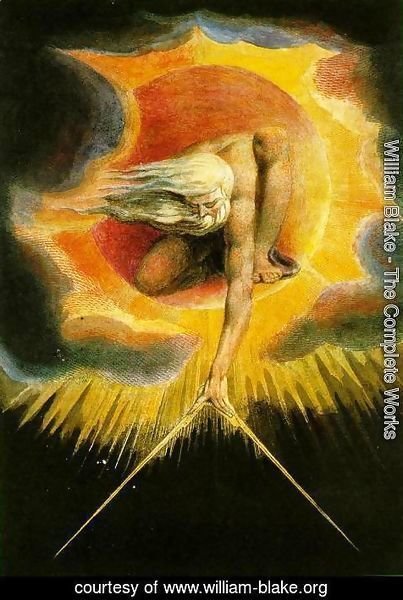Why do you believe in God?
-
Hi @Caray , this argument was made by Anselm of Canterbury. It is some of the finest thinking in all of human history. The arguemnt is of cosmic beauty.
-
We conceive of God as a being that which no greater can be conceived.
-
This being that which no greater can be conceived either exists in the mind alone or both in the mind and in reality.
-
Assume that this being that which no greater can be conceived exists in the mind alone.
a. Existing both in the mind and in reality is greater than existing solely in the mind.
b. This being, existing in the mind alone, can also be conceived to exist in reality.
c. This being existing in the mind alone is not therefore the being than which no greater can be conceived. (See statement 1 above.)
- Therefore, this being that which no greater can be conceived exists in reality as well as exists in the mind.
-
-
Isn't trying to prove God's existen missing the point? You're supposed to have faith in him.
-
I don’t “believe in”
Meaning
I don’t believe in my mother
I know my motherI don’t believe in God
I know Him -
Hi, https://www.youtube.com/watch?v=C2CuAVAERjs funny short on "god"
-
@bruh you have faith in what you know. The deeper you get to know God, the more meaningful your life becomes.
-
I like Saint Anselm’s that-than-which-nothing-greater-can-be-thought argument. Aristotle, Plotinus, Augustine, and Aquinas are S tier too.
-
Leibniz’ Contingency Argument is another argument that seems to be absolutely correct.
The argument goes like this:
- Every contingent fact has an explanation.
- There is a contingent fact that includes all other contingent facts.
- Therefore, there is an explanation of this fact.
- This explanation must involve a necessary being.
- This necessary being is God.
-
@Norwegian-Mugabe Hi, what do you mean by "god"?
-
There can be a pantheistic god... Or maybe not...
A theistic god is rather just a fairytale to keep normies behaving in order (keep their heads down)... -
@Truth Lol, don't go full Juden Peterstein on me. If you see the video I just posted which explains the contingency argument, you will find a good definition of god at the end of the video.
-
@Norwegian-Mugabe I'm going full elementary question, what meaning do you personally give to the word "god", what characteristics do you associate with it?
-
@Truth What we can know from the arguments posted earlier in this thread, is that someone or something created the universe (God). God is also the greatest possible being. I think that much of God's other properties are speculation. Some guesses are better than others, but there are certain things that it seems like we are unable to get answer to by reason alone.
-
@Norwegian-Mugabe What do you mean by "greatest possible being", in terms of size, in terms of the value you personally give to it?
-
@Truth God is the greatest being in terms of abilities and influence.
-
@Norwegian-Mugabe Are there any specific reasons why you perceive it as external to us, rather than partly within us or totally within us?
-
@Truth Yes the arguments posted earlier shows that the Universe was created contigently. See the following arguments: Kalam's cosmological argument, Aquinas Argument from Necessity , and Leibniz’ Contingency Argument.
-
@Norwegian-Mugabe in this thought, do they imply or do you imply that this thing, is a being,(Being often has a personifying connotation), and potentially assumes that this "being" has intentions?
-
@Truth None of those three agruments imply intentions, but some arguments for God's existence do imply intetion. I thnik for instace, that all forms of The Mozart Argument imply that God values beauty. It might be possible to argue that you can infer intention from Anselm of Canterbury's argument too.
-
@Norwegian-Mugabe No distinction between a being and a thing (such as a stone) in this argument? If there is, what contributes to the perception of "god" as a "being" rather than a thing (such as a stone) in this idea?
-
@Truth again the arugments differ on this. Kalam's argument does not say what kind of being/force it would be that created the universe. Anselm of Canterbury's argument certainly states that God must be the greatest possible being.
